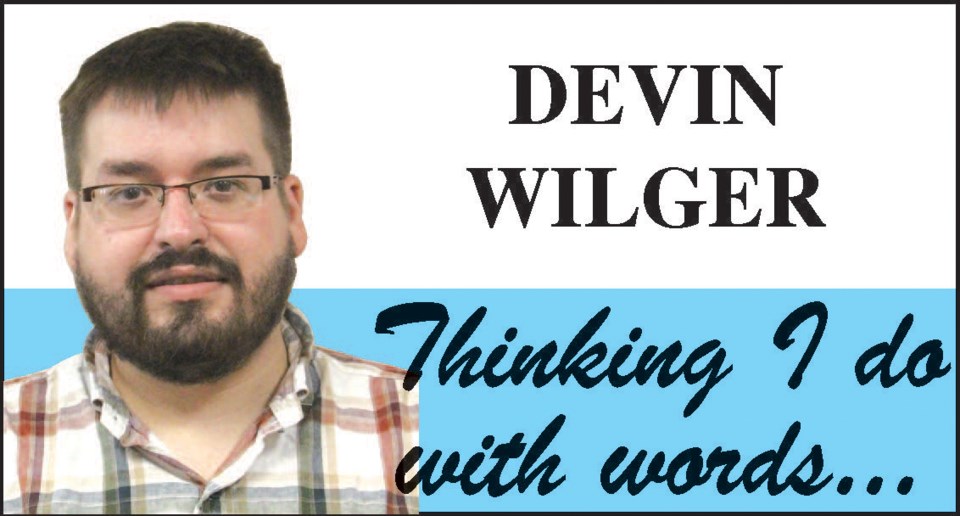When it’s Christmas, and your partner loves Christmas movies, you will happen to watch many Christmas movies. Because of this, I’m now able to categorize the different types of Christmas movies that exist out there, and in the process realize there’s a fairly surprising omission based on the seemingly hundreds of Christmas movies I’ve watched in the past several years.
Christmas romance, examples include A Christmas Prince, Operation Christmas Drop, The Knight Before Christmas. A woman is alone on Christmas, but then an opportunity for love drops in the form of a handsome man who is somehow different from anyone she has ever known. Sometimes he’s a down to earth guy who builds things, sometimes he’s royalty. He’s always really into being nice to people, often does charity work or helps orphans. Eventually they fall in love, and obstacles might include additional handsome men, government budgetary oversight committees, and time travel. Before you say “some of those feel like very strange obstacles for romance” let me assure you that they only occasionally make sense in context.
Christmas romance sequel, examples include Princess Switch: Switched Again, A Christmas Prince: The Royal Wedding. A category which is a relatively recent development, mostly because the majority of these movies used to be made for TV and are now made for streaming services (where they know people actually watched them), the romance sequel sets itself apart by generally having no stakes at all and trading on the audience’s affection for the characters and whatever they’re doing now. Sometimes this works out for the better, as the second Princess Switch is substantially better than the first entirely because it let star Vanessa Hudgens cut loose as a vapid heiress - there are no less than three princesses in this one - and sometimes it doesn’t, because the less said about the Christmas Prince sequels the better.
It’s a wonderful Christmas Carol, examples include It’s a Wonderful Life, A Christmas Carol, Dolly Parton’s Christmas on the Square. When Charles Dickens wrote A Christmas Carol, he probably didn’t imagine he’d create an entire category of films where supernatural beings teach people about the value of kindness/Christmas/their wonderful life/etc. Some of these are classics, remembered fondly for decades - and locally, the Paper Bag Players are doing an audio version of It’s A Wonderful Life that everyone should definitely listen to, not just because I’m in it. Some of these are terrible, mostly the ones that involve Santa Claus. Sometimes they lead to questions such as “did these angels almost kill a small child in order to teach Christine Baranski a lesson about not being so greedy?” One might argue that because Dickens and Frank Capra (who directed It’s a Wonderful Life) got it right that we don’t need more of these stories, unless those stories are being presented by talented local theatre groups, but they don’t realize that they could have a scene where Santa Claus put someone in a coma because he made a bad Amazon knockoff.
Santa Claus lore, examples include The Christmas Chronicles, Arthur Christmas, The Santa Clause. Who is Santa Claus, really? Is he an old man who delivers toys to children? Does he have his own children, and do they want to be Santa next? Is he an advertisement for Coca Cola? Is he really just Kurt Russell? If you murder him, do you become Santa? These are all valuable questions that movies set out to answer. Often Santa isn’t what you expect!
Movies set at Christmas that are actually about robbery, examples include Die Hard, Home Alone. Sure Christmas is the backdrop here, but it’s mostly about injuring people who want to plan a heist. Don’t plan a heist at Christmas, it’s a terrible idea, you won’t succeed.
The story of the birth of Jesus Christ, from whom the name of the holiday is derived. There are no examples of this, sorry. There’s probably a book you can read about it.



